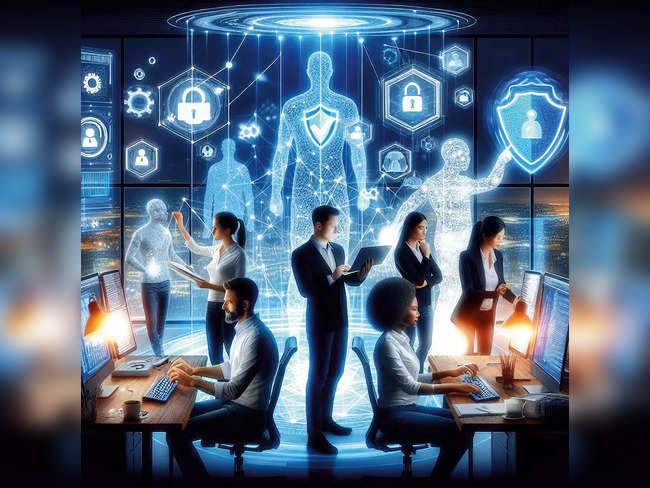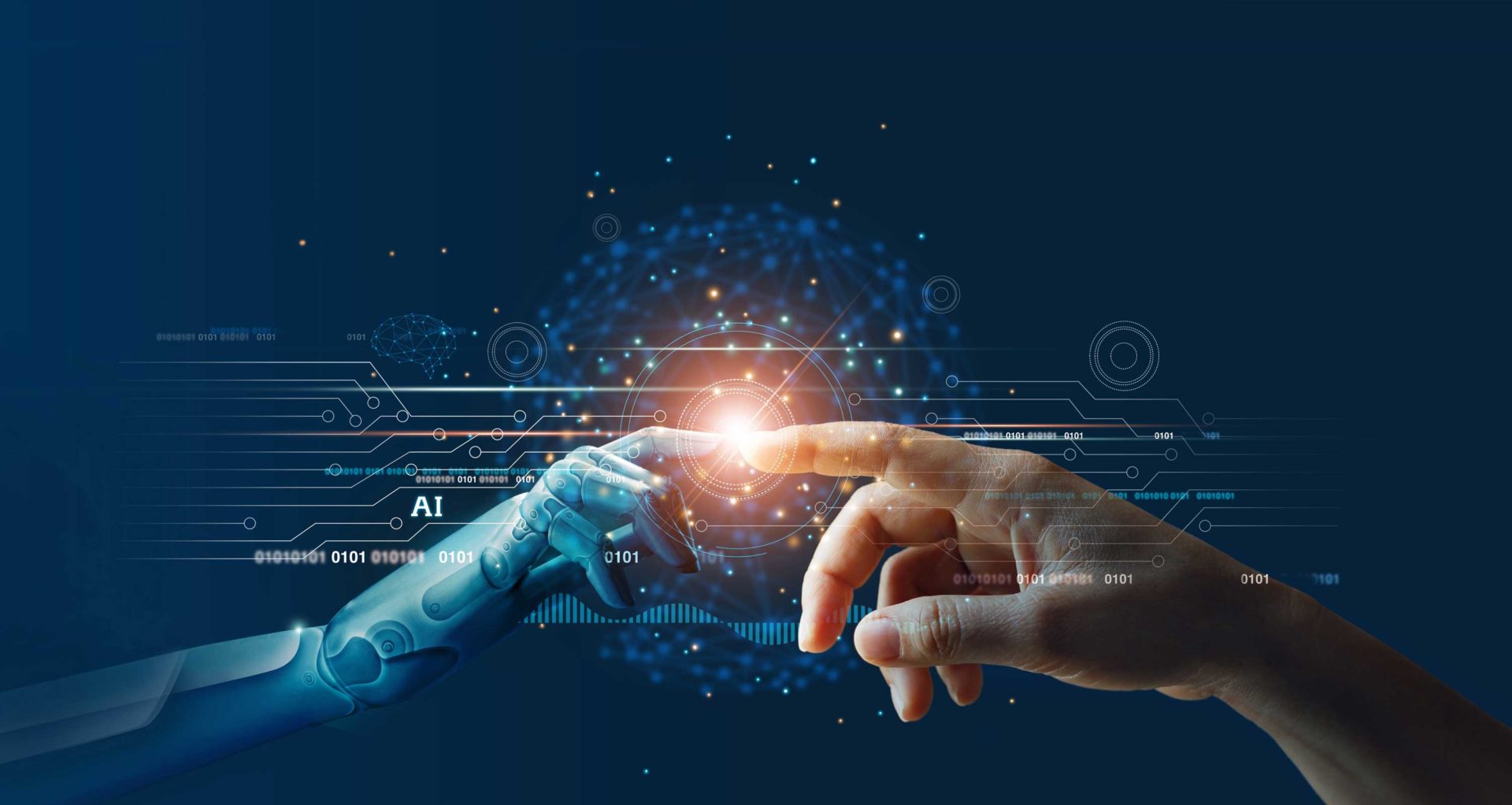Unleashing India’s AI Potential: A New Era of Collaboration and Security
In a landmark meeting that bridges the gap between government, academia, and the tech industry, Union Minister Ashwini Vaishnaw recently engaged with Yann LeCun, Meta’s Chief AI Scientist. The discussion centered around advancing India’s artificial intelligence capabilities, with a strong emphasis on empowering the local workforce. This collaboration heralds a new chapter in India’s pursuit of technological sovereignty and innovation in AI.
 Union Minister Ashwini Vaishnaw engages with Meta’s AI Chief.
Union Minister Ashwini Vaishnaw engages with Meta’s AI Chief.
Strengthening India’s AI Framework
The discussions led to the launch of “Srijan”, the Center for Generative AI at IIT Jodhpur, backed by the partnership between IndiaAI and Meta. This center aims to cultivate ethical AI practices and spur innovation through a strong research ecosystem. Vaishnaw’s focus on “bridging the gap” has never been more pertinent as India faces a burgeoning demand for skilled individuals in the AI domain.
“India’s AI Mission is advancing with strong collaborations amongst industry, government, and academia,” stated Vaishnaw, underscoring the synergies formed through initiatives like the YuvAI Initiative, which aims to train 100,000 students in AI competencies over the coming years.
The YuvAI Initiative: Bridging Talent Gaps
Launched in conjunction with the All India Council for Technical Education (AICTE), the YuvAI Initiative is a significant step toward addressing India’s talent crisis in AI. Aimed at young developers aged between 18 to 30, this initiative will equip participants with tools to understand and create applications using open-source large language models (LLMs). The curriculum will focus on real-world issues across vital sectors such as healthcare and education.
Through this initiative, students will have access to a Gen AI Resource Hub, fostering a hands-on learning experience that bridges theoretical knowledge with practical application. The program promises not just to educate but also to stimulate innovation through “Unleash LLM Hackathons” aimed at solving pressing challenges faced by society.

The Rising Threat of Cybersecurity in AI
As India advances toward becoming a global AI leader, the spotlight also turns to the cybersecurity concerns plaguing AI companies worldwide. With cyber threats escalating, key players like OpenAI, Microsoft, and Meta are ramping up efforts to safeguard their large language models against potential breaches and model pollution.
AI’s rapid evolution has ignited worries around data security and the potential for malicious actors to disrupt AI models, leading to harmful outcomes, a sentiment echoed by Anand Eswaran from Veeam Software. The emphasis remains on developing robust protective measures as companies navigate through a landscape fraught with potential vulnerabilities.
OpenAI’s ‘Orion’: A Mysterious Development
Amidst these discussions, the anticipated launch of OpenAI’s next-gen model—possibly referred to as Orion—in December adds to the ongoing excitement and speculation within the tech community. Despite being labeled “fake news” by OpenAI’s CEO, Sam Altman, the model’s rumored capabilities are said to surpass GPT-4 by a significant margin. This development ties into the broader theme of leaps in AI capabilities and the race towards achieving artificial general intelligence (AGI).
As with any innovation, the discussion around Orion’s launch brings focus on competition, particularly from Microsoft, which is expected to offer early access to its Azure customers. Companies are caught in the delicate balance of pushing boundaries while safeguarding against potential setbacks.
 The landscape of AI is changing, but so are the threats it faces.
The landscape of AI is changing, but so are the threats it faces.
Conclusion: A Future Driven by Collaboration
The collaboration between India and Meta, set against the backdrop of mounting cybersecurity concerns, encapsulates the dual nature of progress in the AI sector. As nations like India forge ahead with ambitious initiatives to cultivate a skilled workforce, the importance of safeguarding these innovations cannot be overstated.
Investments in training and resources will be pivotal in shaping an AI-powered future. It will be fascinating to observe how these strategic partnerships and developments unfold, potentially transforming the AI landscape not just in India, but globally.
As we navigate this complex terrain, the mantra for the AI community should be clear: create, innovate, and above all, protect. In an era where technology evolves rapidly, cooperation across sectors will be essential in harnessing the full potential of artificial intelligence for the benefit of society at large.


 Photo by
Photo by 










